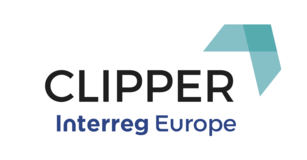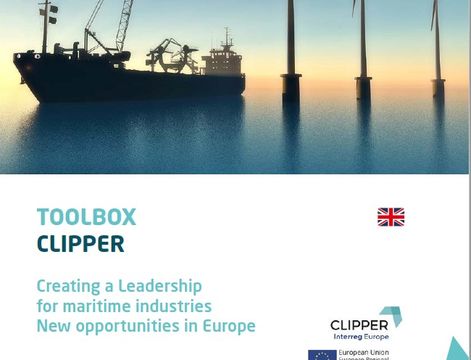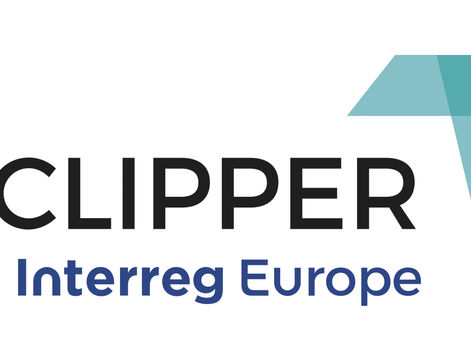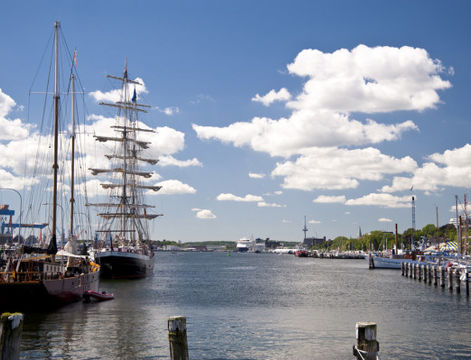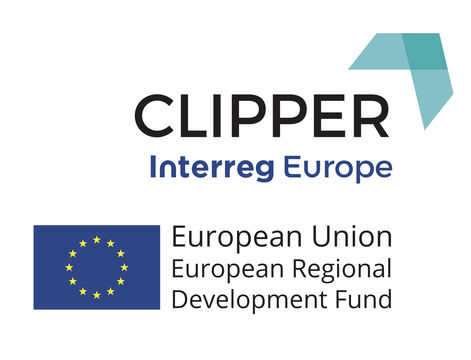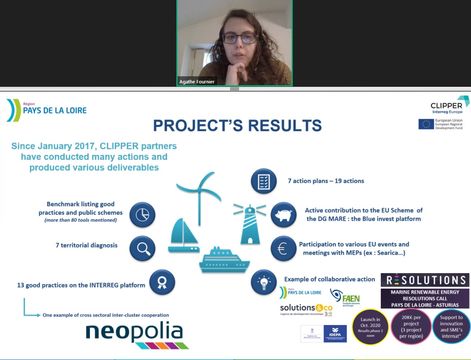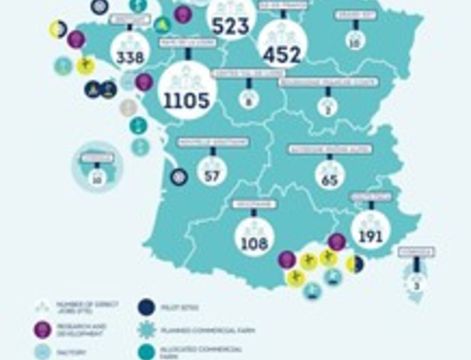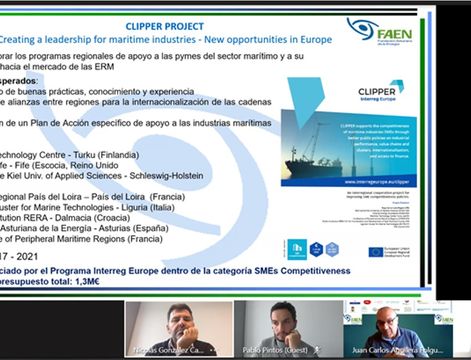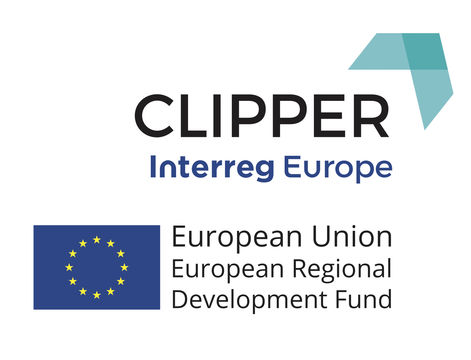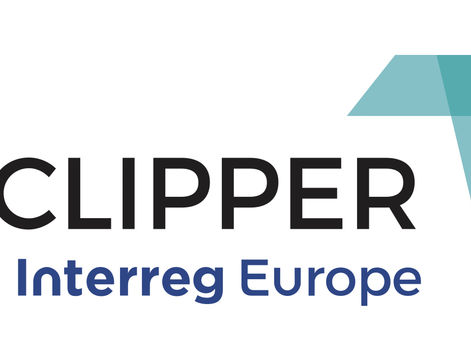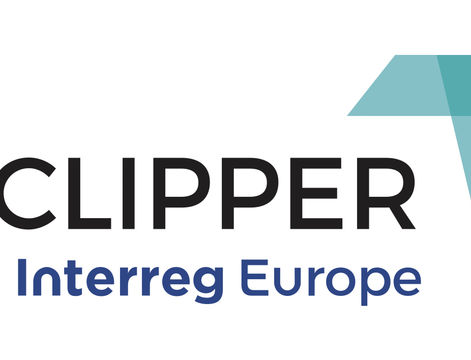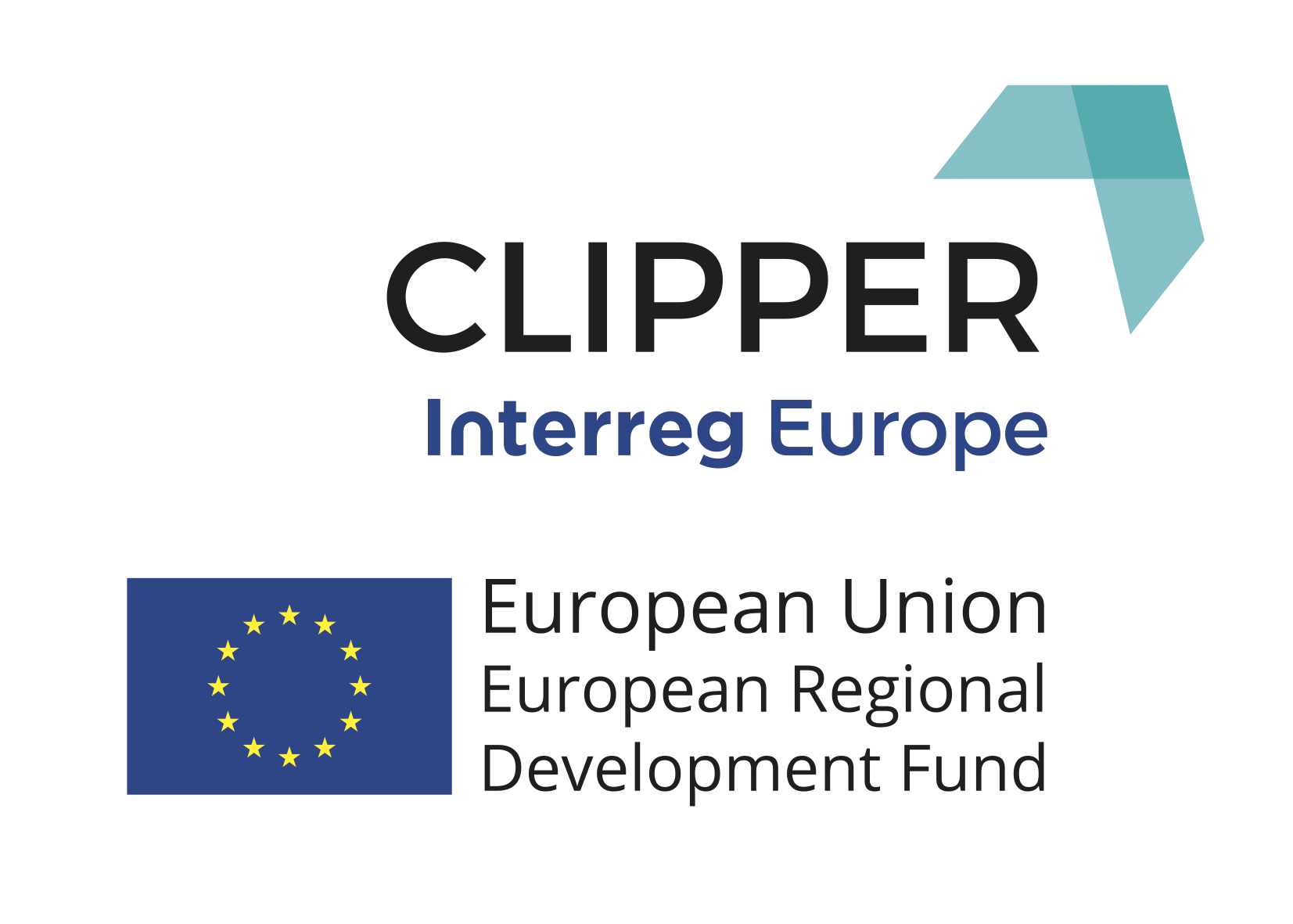The East of Scotland European Consortium (ESEC) has issued a Press Release quoting the CLIPPER project as an example (click here for original article).
Over 50 organisations have today sent to Ministers and MPs a statement calling on the UK to remain part of the EU’s cross-border funding programmes after Brexit. The campaign is supported by a wide range of public and private sector bodies, including councils, universities, local enterprise agencies and charities.
Over the past 25 years, these programmes known as European Territorial Cooperation (ETC), or Interreg for short, have invested millions of pounds into local and regional economies across Britain in order to boost investment, create jobs, protect the environment and to improve the skills of young people. Since 2014 (the start of the current funding period), there have been 127 projects approved in Scotland, worth a total EU grant value of approximately £56 million. Since 2000, there have been 1,453 ETC projects at work across the UK.
The joint statement calls on the Government to negotiate the UK’s continued participation in these programmes so that UK organisations can continue to cooperate with European neighbours for the benefit of local communities. Without participation in Interreg, many local initiatives that improve the lives of local residents would simply not be able to happen.
Cllr Will Dawson, Chair of the East of Scotland European Consortium (ESEC) said “Making the case for participating in Interreg post-Brexit has always been a priority for ESEC and our member Councils. Three of our members have already approved motions to this effect, and have written to the UK Government to make these positions known. The EU has already made provisions for the UK taking part in the Interreg programme post-Brexit, a testament to the knowledge and experience we bring to partnerships. The ball is now in the court of the UK Government, which needs to make this happen.”
For further information, please contact:
Joanne Scobie, ESEC EU Officer [email protected]
Examples of ETC projects that support the statement:
Clipper - Creating a leadership for maritime industries (Fife Council) https://www.interregeurope.eu/clipper/
The CLIPPER project stems from the conviction that the support to maritime industries has to be developed in order to tackle Blue Growth challenges as well as energy transition imperatives. Global economic recession did not spare the maritime sector, which suffers from ever-growing competition from emerging countries. Regions have a crucial part to play to maintain SMEs’ competitiveness in traditional activities while becoming leaders on blooming markets such as Marine Renewable Energies (MRE).
HyTrEc2 (Aberdeen City Council) https://northsearegion.eu/hytrec2/
With 94% of transport currently oil based, green transport solutions such as hydrogen will play a key role in achieving EU energy and climate change targets. Hydrogen Fuel Cell Electric Vehicles (FCEVs) are key and the main aim of HyTrEc2 is to create conditions so that a FCEV market can develop, and promote the North Sea Region as a Centre for Excellence for fuel cells and range extenders.
LIKE! (Angus Council) https://northsearegion.eu/like/
LIKE! involves 10 partners from 5 North Sea Region-countries working together on innovative solutions for public service delivery with the use of data. The project is co-creating smarter services through transnational pilots, and the aim of this cooperation is to develop new skills, to share knowledge and engage with citizens, business and academic institutions to deliver services which meet the needs of the communities they serve.
Create Converge (Dundee City Council) https://northsearegion.eu/create-converge/
Dundee City Council is the lead partner in the Interreg Create Converge project, which brings creative technology (e.g. animation, virtual reality, augmented reality) into sectors such as fashion, energy, architecture, healthcare and tourism. In 2017, the project was visible at 37 major events, including Berlin Fashion Week, Cannes Film Festival and conferences such as Copenhagen Future TV and Hamburg Games.
Northern Connections (Falkirk Council) https://northsearegion.eu/northern-connections/
The joint challenge for the project was identified as testing the use of domestic innovation support measures transnationally and addressing the barriers to collaboration that exist between clusters and regions. In Scottish terms, that means identifying where there are gaps in collaboration activity and shortcomings in innovation support in order to identify programmes working successfully in partner regions that can be transposed to Scotland. The objective is to support more enterprises to participate in transnational innovation collaboration via strengthening transnational cluster and city/region cooperation.
